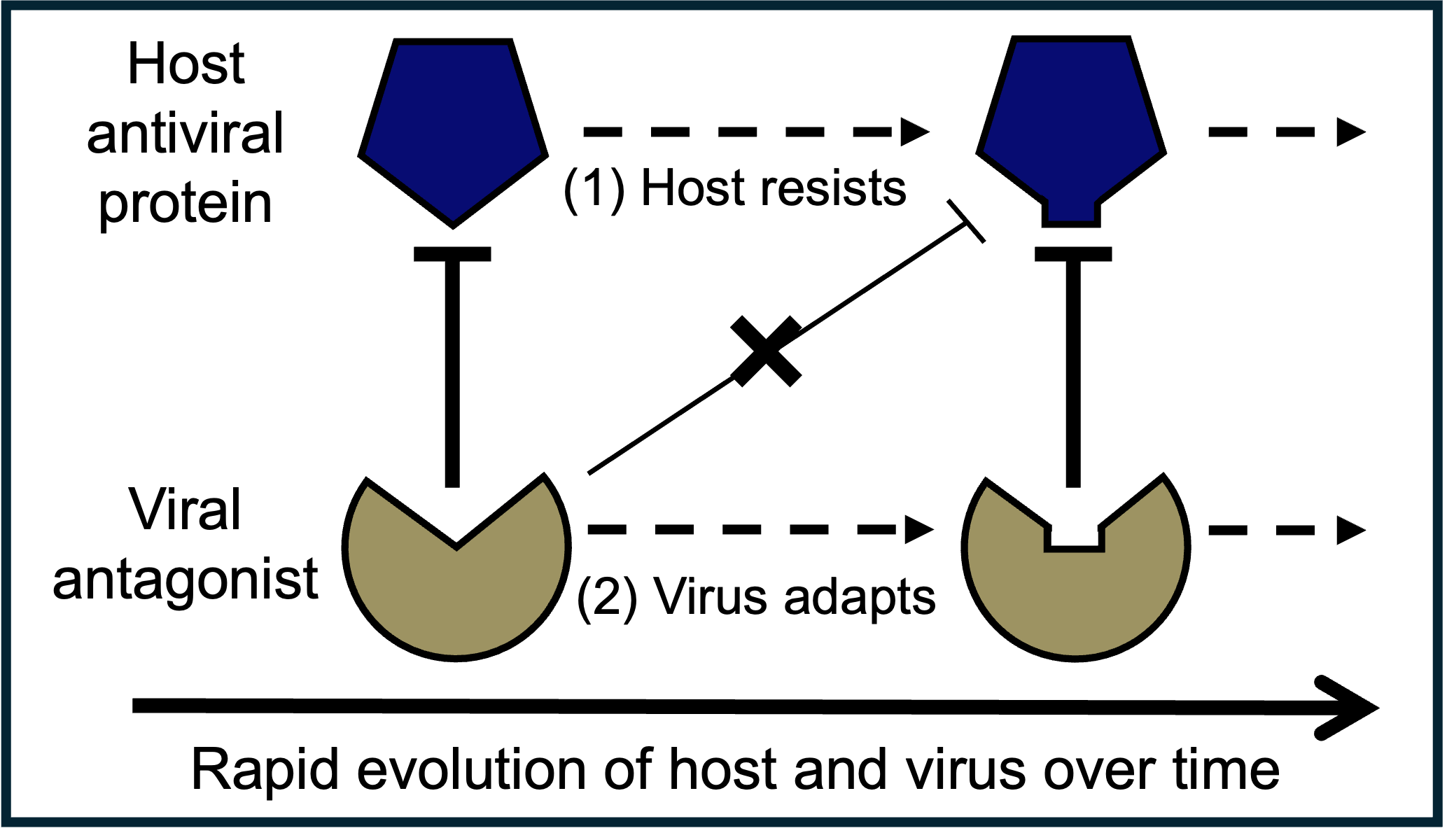Tiered Mentoring
with The University of Akron Department of Biology
Exploring the genetic conflicts between arboviruses and their multiple hosts
Dr. Nicholas Chesarino, University of Akron Department of Biology

Project Description:
The Chesarino Lab studies the genetic battles that take place between viruses and the hosts they infect. Virus and host genomes are forever locked in a host-virus arms race: viruses evolve to replicate in host cells, while host species evolve to resist infection. We are interested in exploring the host-virus arms races that occur in the complex transmission scenarios of arboviruses, a group of viruses that are transmitted by mosquitos and ticks. These viruses are uniquely adapted to simultaneously infect a broad range of hosts, including mammals, arthropods, and birds. We want to learn how these viruses have adapted to replicate in such different host species as part of their transmission cycle, and if there are shared mechanisms we can target for antiviral therapy.
The lab is new to the University of Akron and students will play an essential role in establishing our foundational research. Students will work directly with Dr. Chesarino to learn new methods in bioinformatics and/or cellular and molecular biology, establish protocols, and identify long-term projects that best fit their interests and skills.
Seeking students interested in the following roles:
- Bioinformatics and Computational Biology: Use existing datasets to conduct evolutionary analyses of host genes that impact viral infection. Investigate host-virus evolutionary arms races by identifying signs of rapid evolution in host antiviral genes. Predict and model potential host-virus protein-protein interactions.
- Cellular and Molecular Biology: Establish tissue culture protocols for mammalian and arthropod cells. Construct expression plasmids with genes of interest to test their effects on viral replication. Perform immunofluorescence microscopy and immunoblotting to assess protein localization and expression.
Qualifications:
No prior experience required. The most important qualifications are genuine interest in the research and a desire to learn!
Time commitment:
Students should dedicate around 10 hours per week to research-related tasks, including weekly lab meetings, reading of scientific literature, and in-person or remote research work.
